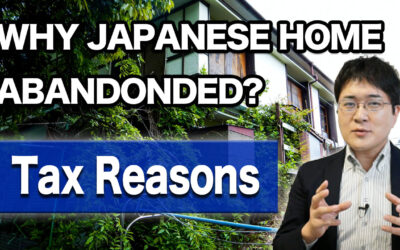Be sure to keep receipts for funeral expenses.
It will not only help you with your inheritance tax return but also provide proof to other family members when dividing the properties. It is also needed to obtain grants from the health insurance association.
As proof to other family members
Who pays for the funeral?
Approximately, the chief mourner. Even if the inheritance tax can be calculated by deducting it from the assets, it is necessary to prove this to the other heirs.
In this sense, you always need to keep receipts.
Are funeral details specified by the deceased? When is payment made?
Can the deceased designate the details of the funeral?
The contents of the funeral may be specified in the will.
However, there are opposing opinions about its effectiveness because it is not a statutory matter in Japan.
If the deceased wants to be sure, he/she must enter into a living contract with the funeral home.
If he/she can leave it to the chief mourner, it is a good idea to convey a little about it regularly.
Funeral expenses paid by cash transfer?
In the past, funeral expenses were often paid in cash in Japan, but recently, we have seen cases where the fees are transferred later.
In some cases, only the ceremony fee is paid on the day.
It is essential to confirm whether or not a later transfer is acceptable.
This is because the deceased’s bank account will be frozen upon notification of death, and withdrawing money before the account is frozen will be related to the calculation of inheritance taxes.
If it can be paid later, it may reduce the burden on the chief mourners to make the advance.
Funeral expenses can be deducted from the properties to be inherited.
Funeral expenses can be deducted from the property to calculate inheritance taxes.
It may be small, but it costs 1.2 million yen.
This 1.2 million yen can be subtracted from the properties.
Not everything paid for the funeral is deductible, so for your reference, we put below what can be deducted and what cannot be deducted.
Funeral expenses to be deducted from the gross properties usually include the following.
(1) Expenses incurred for the cremation, burial, or placement of remains at or before the funeral or burial (if both a provisional funeral and a formal funeral are held, the expenses incurred for both are allowable).
(2) Expenses incurred in transporting the body or remains
(3) Expenses incurred before and after the funeral ceremony that are not generally associated with a funeral (e.g., expenses incurred at a wake, etc.)
(4) Expenses incurred in paying a temple or other institution a fee for sutra chanting or other services at the time of the funeral
(5) Expenses incurred in searching the body or transporting the corpse or remains.
Expenses are not included in funeral expenses.
The following expenses are not included in the funeral expenses deducted from the gross properties
(1) Expenses incurred to return funeral gifts
(2) Expenses incurred for the purchase of a headstone or cemetery or for renting a cemetery.
(3) Expenses incurred for the first seven days of the seventh day of the seventh month, memorial services, etc.
Subsidies from the Health Insurance Association
Receipts of funeral expenses are also required to obtain subsidies from the health insurance association.
Let’s take the example of the Japan Health Insurance Association (Kyokai Kenpo).
When a subscriber or dependent dies, subsidies are provided for burial expenses.
These are capped at 50,000 yen, and receipts are required for proof.
The receipt (showing the full name of the person who paid the fee and the amount of the burial expenses).
If you’re not a subscriber of the Japan Health Insurance Association, but National Health Insurance also assists.
In the case of Osaka City, the maximum amount is 50,000 yen.
In any case, be sure to keep the receipts for funeral expenses.



